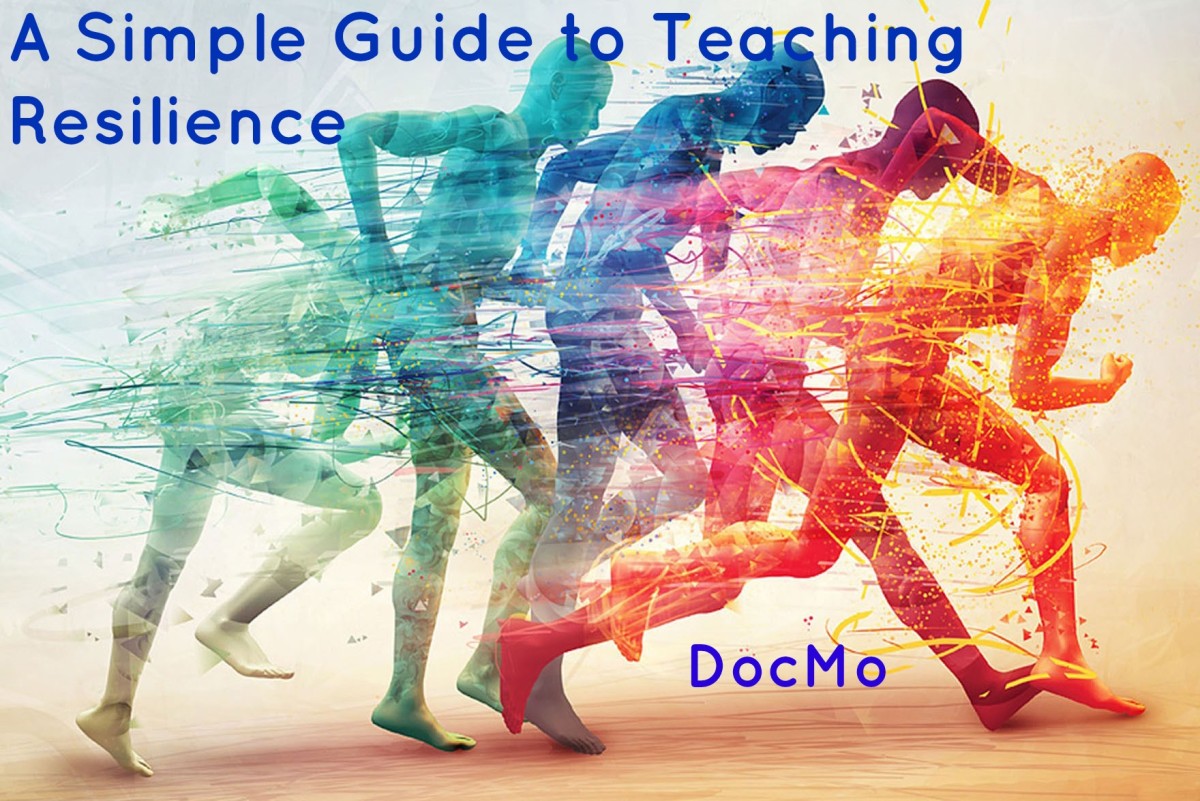What Are the Traits and Benefits of Emotional Resilience?

When confronted with major life stressors, why is it that some people develop post-traumatic stress disorder while others cope well, even experiencing post-traumatic growth? Researchers agree that the difference lies in each individual's levels of resilience, which includes a factor called hardiness.
Basically, emotional resilience is a person's ability to bounce back after a stressful experience and flexibly adapt to the demands of their changing environment.
But how is this resilience developed?
Where Does Resilience Come From?
Researchers agree that resilience comes from:
- Individual traits
- Hardiness
- Social support
Individual Traits
It used to be that researchers thought that children who faced immense challenges, poor role models, and inconsistent living conditions and developed into well-rounded adults, were somehow miraculous, but "Endangered Childhood in Modern Times" by Emmy Werner finds that resilient children are not unusual but have well-developed social, academic, or creative skills, easy temperaments, high self-esteem, self-discipline, and strong feelings of personal control.
The results of these traits are that these children are able to develop healthy relationships with people who help them adjust to adverse conditions. Studies have found that even one consistently supportive person (aunt, uncle, parent, teacher, and others) in the life of a child at risk, makes all the difference in convincing the child that they can and will beat the odds. Could you be that supportive person? Are you building self-esteem in your own child?
Fortunately, the new Positive Psychology movement is pressing to find ways to intervene with at-risk children and adults at an early stage, rather than just focusing on trying to fix psychological problems after they develop.

Hardiness
Hardy adults easily develop resiliency and seem to hold certain traits in common: They are people who view themselves as choosing to live challenging lives, appraising stressful situations as opportunities to enhance their life, and reappraising negative situations as positive ones. If we want to develop resilient traits, we can work on the following:
- Commitment
- Control
- Challenge
Commitment
Hardy people are committed to their families, jobs, communities, or other groups or activities that give their life meaning. What are you committed to?
Control
Hardy people have a sense of control over their lives. For instance, they feel that they have access to needed information and they are capable of making informed decisions related to their life demands. There is no doubt that abundant information about various life choices and the consequences of them, exist prolifically. Are you taking advantage of this information to make good choices? Or, do you just give up and let life lead you where it may?
Challenge
Hardy people view daily life demands as challenges rather than threats. When you encounter a bump in the road, do you simply complain or do you use problem-focused coping skills and seek the appropriate kind of social support? See: How to Cope with Stressful Situations.
Social Support
As noted above with the resilient children who remained mentally healthy despite overwhelming odds, social support had the greatest influence in their becoming well-adjusted adults. What sort of support are you seeking out in times of stress? To develop resiliency, we don't need the kind of friends or family who simply listen to our problems and sympathize; we need the kind of support from people who believe that we can overcome our potential problem, who can perhaps convince us that it really isn't a problem but an opportunity, and who firmly believe that we will succeed. See: How Social Support Determines our Ability to Cope with Stress.
Benefits of Resilience
Resiliency has been found to be the single most effective factor in our ability to cope with stress. Researchers have found that resiliency is linked to lower levels of anxiety, active coping styles, decreased caregiver burden, reduced vulnerability to depression, better adaptation of professional women to multiple-role stress, greater spiritual well-being, and fewer negative health outcomes during periods of extended stress.
Even if we didn't have that consistent, positive role model when growing up and had to confront catastrophic or chronic stress, we can improve our resiliency by emulating the traits explained above.








